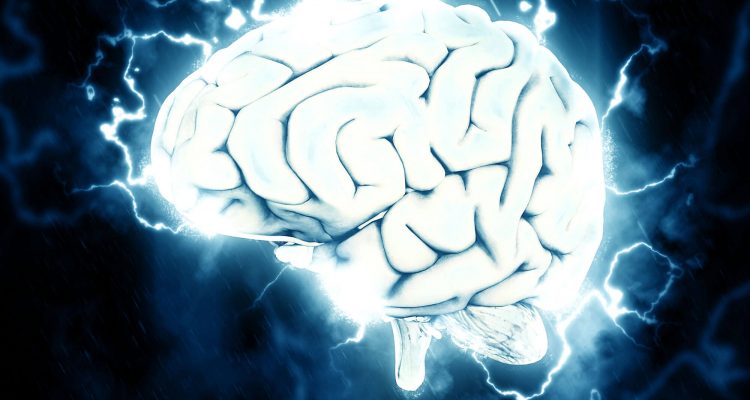
Early signs of Alzheimer's appear in the nose before memory problems
0
Studies have found a warning sign that can appear ten years earlier than other symptoms.
Memory problems, especially when trying to recall recent events, are usually early signs of dementia. However, research has shown that your nose may hold clues even before memory problems occur.
One of the early signs of Alzheimer's disease, the most common form of dementia worldwide, is anosmia (loss of smell) or hyposmia (reduced sense of smell). These two red flags can appear before other signs appear, potentially helping to detect the disease earlier.
A study has found that a decline in the sense of smell is associated with a faster progression of Alzheimer's-related pathology seen on brain scans.
Looking at people in their 70s, the research team found that those who could not identify the smells of objects such as roses, lemons and onions were more likely to develop the debilitating condition over the next decade.
“The olfactory bulb, which is crucial for smell, is affected quite early in the course of the disease. It is thought that smell may be a preclinical indicator of dementia, while hearing and vision may play a large role in the development of dementia.”
Other early signs of dementia that may occur before memory loss include:
- Unsteady gait
- Clumsiness
- Problems with coordination.
- Tremors or stiffness in the limbs.
Physical symptoms are most often associated with certain types of dementia, such as Parkinson's disease dementia. Each person may experience dementia differently, leading to differences in the progression of symptoms,
While a change in your sense of smell can be alarming, the neurologist says it's important to be aware of the telltale signs of Alzheimer's disease.
The main symptom of the early stages of the brain disease is memory lapses.
It's recommended to pay attention to the following signs:
- Forgetting recent conversations or events
- Positioning objects incorrectly
- Forgetting the names of places and objects.
- Having trouble finding the right word
- Continuously asking questions
- Shows short-sightedness or has difficulty making decisions
- Become less flexible and hesitant to try new things.
If you or someone you know is experiencing symptoms of dementia, it's a “good idea” to see a general practitioner, Alekhina recommends. Your doctor can perform simple tests to determine the cause of these symptoms and refer you to a specialist if necessary.
Early diagnosis opens the door to further care and treatment. Early intervention, in turn, can help manage symptoms and provide the support you need.









Leave a Reply